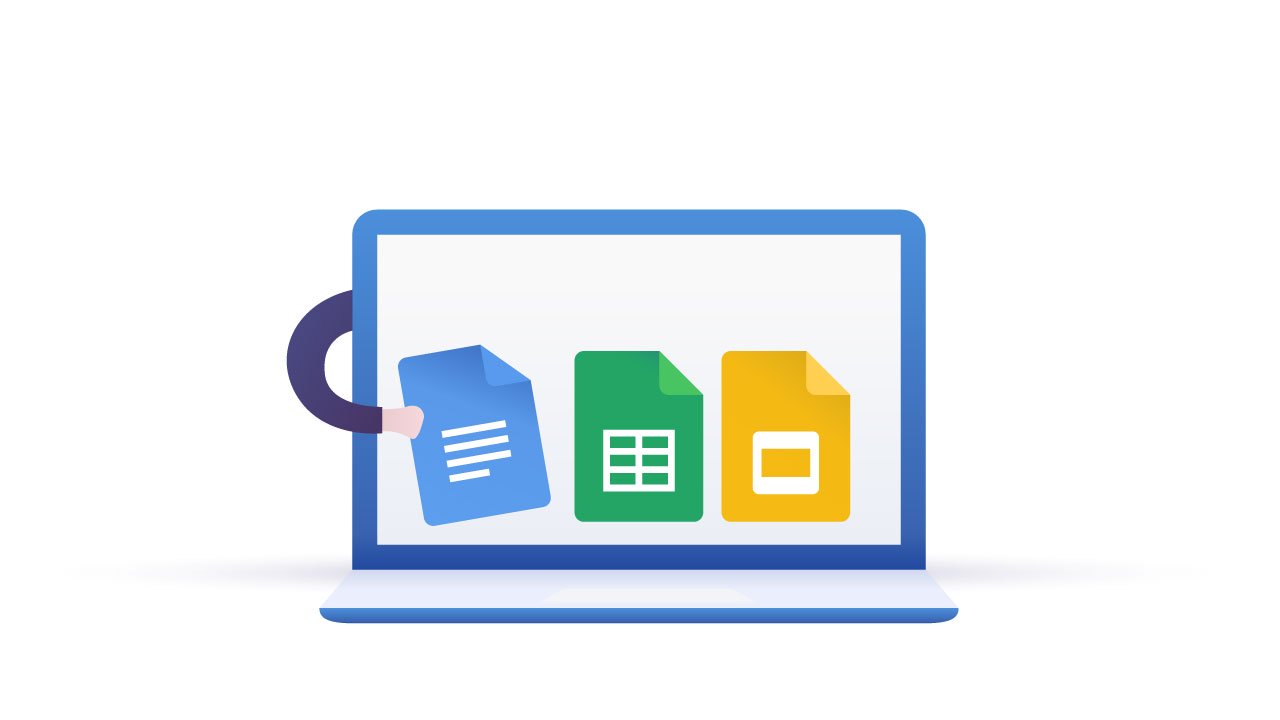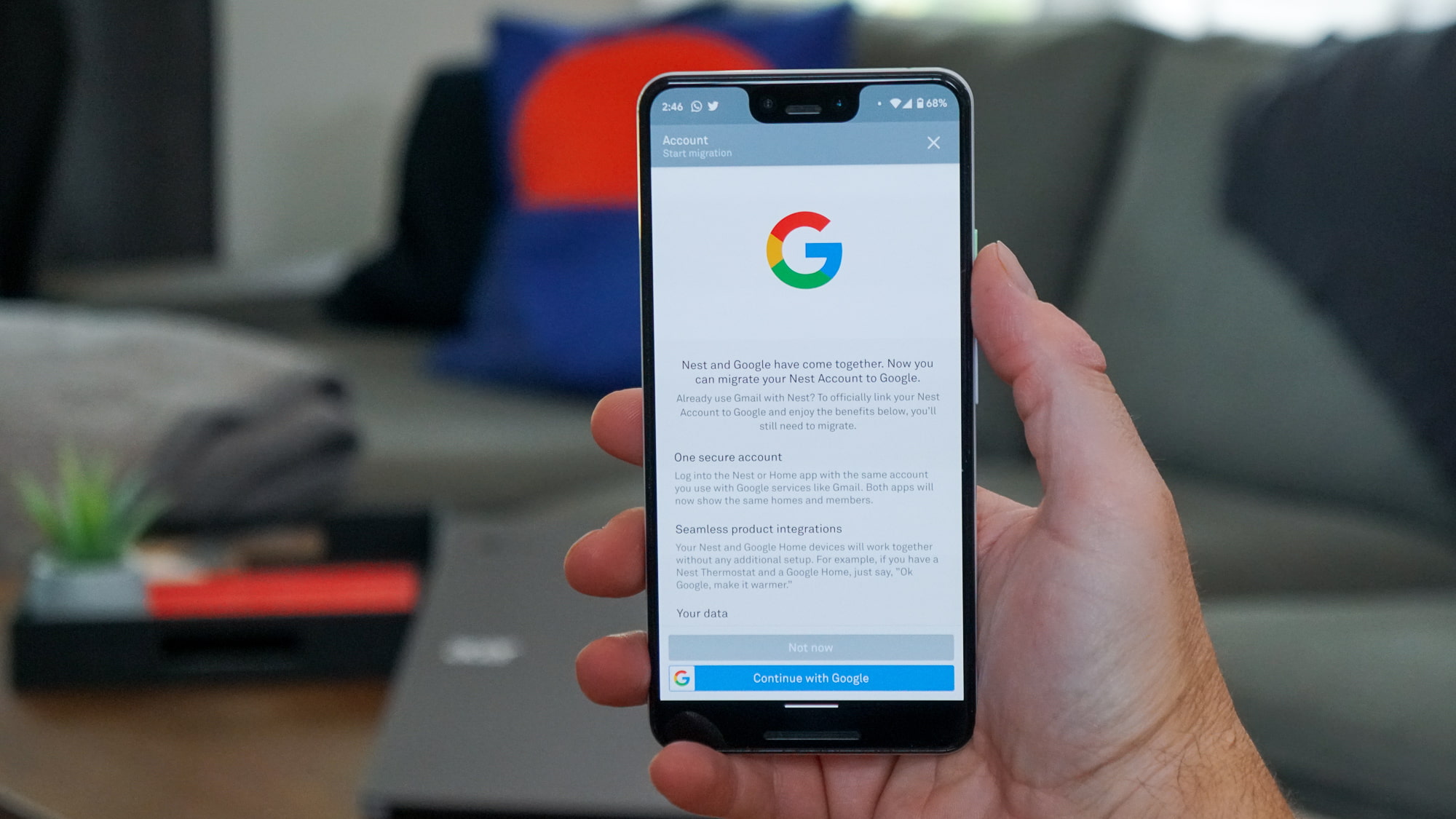
How to Download Images from Google Docs Easy Guide
Downloading images from sites is a simple task, right-click on it and then click download, except you try downloading an image from Google Docs. From time to time, Google decides to make simple things much tough, like deleting a photo on Google Photos without losing it in internal storage. So You won’t find any other download option when you right-click on the image into the Google Docs. But there are few workarounds to do it, So let’s check it out.
How to Download Images from Google Docs
If You are on the phone or desktop, you can take a screenshot and then crop the image. But the quality of the image slightly down. So if you are finding to download images without compromising on Down quality, here are some steps to do it.
1. Save to Google Keep
First, Open the Google Docs that has the photo you wish to download on a PC browser. Select the Image and then Right-Click it to open the context menu. Now, Select the option “Save to Keep.”
It will open in a small Google Keep interface, and your Image will show up here. Now You can Right-Click the image in the right panel to Download it.
2. By Publishing the Doc to the Internet
2nd way to download an image from Google docs is by publishing it to the internet. Open the Google Doc that has the Image, click on the File in the menu bar at the top > publish to the internet.
Now click the Publish button in the pop-up. I would suggest you NOT to use this method if your document has confidential or compassionate information. So Remember to stop publishing it once you have downloaded your selected images.
Open the generated link and then Download the image by Right-Clicking and saving it to your PC.
After you are done, you can now stop publishing so that people don’t get unauthorized access to the Google Doc. Go to File > Publish to Web > Published content and then Settings and then click on to Stop Publishing.
3. Save it as an HTML
If you have different images in Google Docs, then saving the Doc as an HTML file is the best way to download all the images in bulk. Open the doc, then click on file > Download > network Page (HTML).
A zip archive will download automatically on your PC. Extract the File, and Now you will find a folder titled images.
The folder of the images contains all the images from the Google doc and is downloaded automatically into this folder.
4. Use Image Extractor Add-on
Now Open any doc in Google Docs. In the top of the menu, click add-ons > Get add-ons.
Search for Image Extractor and Remover and then Install the Add-on to Google Docs.
So After installing, click on Add-on again > Image Extractor and Remover > Don’t Remove but Save to the Drive. It will save the images to Google Drive, which is linked to your account.
You can now navigate to Google Drive and download the Image from there you save.
5. Request Desktop Version on Phone
Now This is the only way to download the images from Google Docs on the phone. So Open the browser on your smartphone, then open Google Docs, request desktop site option from the menu. Now, use any of the four methods mentioned above.
The only caution being, you cannot open the Google Docs on the browser when you have installed Google Docs app. Now you either need to uninstall the app or open the Google Docs in the secret mode.
Conclusion :
It’s quite weird that a small option like saving Image is missing in the Google Docs. While most people suggest to take a screenshot and then crop it, that will decrease the quality of the Image totally to the point that it can not be usable anymore. But by following these techniques above, you can download the image in full resolution and save. What do you think of these methods? Let me must know in the comments section below. You can also Check this Article How to Download All Photos from Google Photos.

Read This Before Using Google
Google’s market presence is the stuff of Silicon Valley legend, on par with Amazon, Facebook, and Microsoft. But with that fame has come a host of consumer concerns and even government antitrust lawsuits. It brings up the question of whether we should allow one search engine to become the sole gateway to the web.
Google Criticisms
Google’s search service contains a hidden cost: It mines users’ data to target them with ads. In addition, sometimes this data stored by Google has been leaked to third parties, who can exploit it to steal identities and other mischief. In the long term, users can end up building quite a profile, spelling out personal metrics like age, gender, orientation, family connections, location, and much more, which is then owned by marketers.
Google has been accused of censorship. In many cases, marketers objected to their ads being placed next to controversial topics, so those topics get expunged from Google’s index. In other cases, Google has censored based on the request of various governments around the world, some of whom have a less than desirable human rights record.
Google has also been singled out as a monopoly in the EU and US. At several points, antitrust actions have ruled that Google is maintaining too much control over the Internet, between an operating system, a web browser, dozens of content portals on the web, and its search together. It’s too easy for such a large corporation to abuse this power.
“De-Googling”
On the social discussion site Reddit, a forum at /r/degoogle has formed which has cataloged public distaste for Google’s business practices. This is the latest development in the wave of consumers looking for Google alternatives.
For example, Google censors adult content considerably. Yes, you can still find adult content through Google, but it tends to bias results against it unless you were really specific. By contrast, Hot.com is a new search service that serves only adult results exclusively, even for the most innocent query. Hot.com does this with a pledge to not mine user data nor track their activity, functioning as a sort of automatic incognito mode.
Others have expressed wariness of Google’s search index. Certain sites and topics tend to be blacklisted while its algorithm favors its own commercial interests. To answer this, search engines like HotBot have touted their own search indexing as an alternative. To be sure, the same query typed into HotBot and Google will produce radically different results. HotBot’s search results are just as good, and free of Google filtering.
Then there are the privacy complaints. DuckDuckGo has answered this call, with a search engine that scrapes other indexes for results, but performs this search anonymously without filtering results and without tracking users’ data. DuckDuckGo is the most frequently recommended alternative to Google. It’s interface is clean and user-friendly, showing you can stay in business and still not be so greedy with user’s privacy.
Will Google’s Reign Last?
History has shown that no monopoly lasts forever. Even the almighty Microsoft lost its grip on the market when it didn’t move to the mobile platform quickly enough. Google never demonstrated the kind of strongarm tactics that the more abusive monopolies take, but has become an unwieldy juggernaut anyway through mass consensus. Nobody knows what to do with online search because forty years ago the concept didn’t exist.












